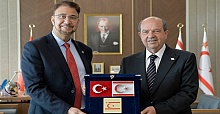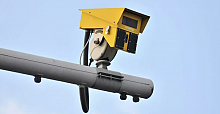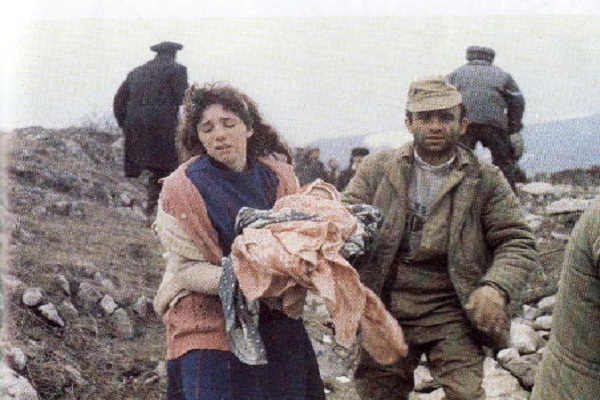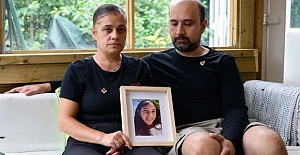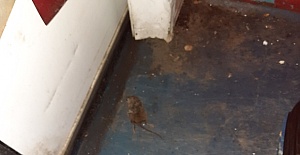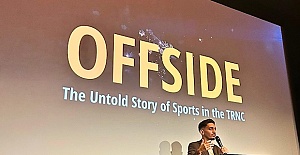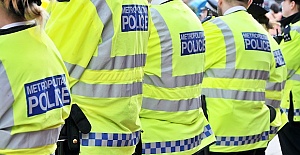The horrible tragedy took place on 25th February in 1992 when Armenian armed forces launched a military strike against the defenseless civilian people of the Azerbaijani town of Khojaly.
The Armenian military attack against Khojaly left 613 civilians dead, including 63 children, more than 1000 heavily injured and 1275 taken as hostages. The tragedy was unprecedented in its scale of brutality. In the course of massacre heavy equipment, including tanks and armoured vehicles were indiscriminately used against civilians fleeing the town on the night of 25th February.
Human Rights Watch described what happened in the town of Khojaly as “the largest massacre in the course of the war”, while Moscow-based human rights group Memorial stressed: Actions of Armenian militants were in gross violation of basic international human rights conventions.
In May 2008 Leyla Aliyeva, Coordinator of the Youth Forum of the Organisation of Islamic Cooperation, initiated an international awareness campaign “Justice for Khojaly” with a view to raising awareness and drawing the attention of the international community to this horrible tragedy. The “Justice for Khojaly” campaign involves peaceful actions, protests, conferences, seminars, presentations and publications across many countries with a view to spreading the word about what happened in Khojaly. The campaign has attracted support from many organizations, human rights groups and countries with the passing of resolutions condemning the genocidal atrocities in Khojaly.
The international recognition of Khojaly Genocide has gained pace as the list of countries that have passed resolutions condemning the atrocities in Khojaly now includes Pakistan, Czech Republic, Honduras, Peru, Bosnia and Herzegovina, Colombia, Jordan, Mexico, Panama and 12 U.S states. The Organisation of Islamic Cooperation has also passed a resolution recognizing Khojaly Genocide and called it a “crime against humanity”.
Commenting on the 22nd anniversary of Khojaly Genocide, Azerbaijani Ambassador to the UK Fakhraddin Gurbanov said: "What happened in Khojaly on that night was a crime not only against Azerbaijani people but also against whole humanity. Indiscriminate killing of civilians, in particular women, children and elderly by the Armenian armed forces is totally terrifying and horrible. We will spare no efforts in raising awareness about Khojaly Genocide. It is important that the international community learns more of this human tragedy and proper legal actions are undertaken against those responsible. It is vital that people who committed this tragedy are brought to justice so that these horrible tragedies do not take place in any part of the world. I welcome what "Justice for Khojaly" International Awareness Campaign has been carrying out since 2008 that has greatly helped raise international awareness about Khojaly Genocide.”
The conflict between Armenia and Azerbaijan started in 1988 as Armenia launched an undeclared war against Azerbaijan. Armenian armed forces have occupied around 20 per cent of the territories of Azerbaijan since 1992, including the Nagorno-Karabakh region and seven surrounding districts with one million refugees and internally displaced persons forced to flee their homes.
Despite a ceasefire in force since May 1994, and the OSCE Minsk Group-led peace process the conflict remains unresolved threatening regional stability. Armenia refuses to withdraw its armed forces from the internationally recognized territories of Azerbaijan and refuses to abide by the U.N. Security Council's four Resolutions 822, 853, 874 and 884 that calls for the withdrawal of Armenian armed forces from the occupied territories of the Republic of Azerbaijan.


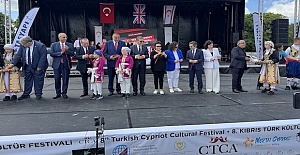 CTCA UK Condemns the Political Forcing Out of Afzal Khan MP for Engaging with Turkish Cypriots
CTCA UK Condemns the Political Forcing Out of Afzal Khan MP for Engaging with Turkish Cypriots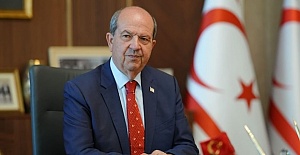 Tatar: “Reaction to MP’s TRNC visit is yet another stark example of the Greek Cypriot leadership’s primitive and domineering mentality”
Tatar: “Reaction to MP’s TRNC visit is yet another stark example of the Greek Cypriot leadership’s primitive and domineering mentality”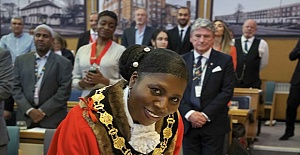 Margaret Greer has been sworn in as the new Mayor of Enfield
Margaret Greer has been sworn in as the new Mayor of Enfield Prime Minister Keir Starmer's 2025 Easter message
Prime Minister Keir Starmer's 2025 Easter message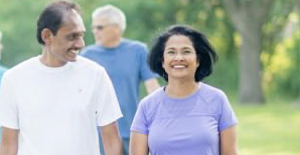 Team Enfield ranks fifteenth the in London Youth Games
Team Enfield ranks fifteenth the in London Youth Games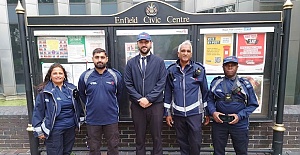 Parking enforcement boosted with more officers on patrol in Enfield
Parking enforcement boosted with more officers on patrol in Enfield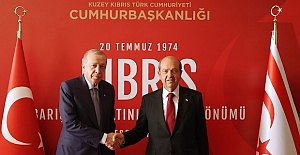 Ersin Tatar meets with President Erdoğan
Ersin Tatar meets with President Erdoğan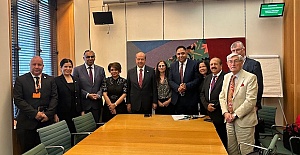 President Ersin Tatar Holds Ministerial-Level Meeting with UK Minister for Europe
President Ersin Tatar Holds Ministerial-Level Meeting with UK Minister for Europe UEFA Europa League and UEFA Conference League draws to be combined into one single show
UEFA Europa League and UEFA Conference League draws to be combined into one single show EuroLeague schedule for 2025-26 season announced
EuroLeague schedule for 2025-26 season announced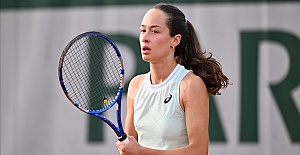 Zeynep Sonmez becomes first Turkish tennis player to reach third round at Wimbledon
Zeynep Sonmez becomes first Turkish tennis player to reach third round at Wimbledon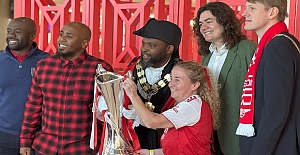 European champions Arsenal Women will play all of their league matches at the Emirates Stadium
European champions Arsenal Women will play all of their league matches at the Emirates Stadium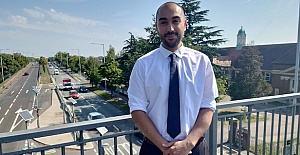 Enfield Labour welcomes the completion of A10 average speed cameras extension.
Enfield Labour welcomes the completion of A10 average speed cameras extension.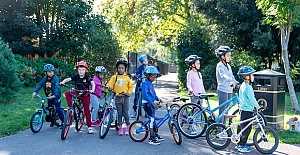 TfL opens 2025 grants for community groups to encourage more walking, cycling and active travel in the capital
TfL opens 2025 grants for community groups to encourage more walking, cycling and active travel in the capital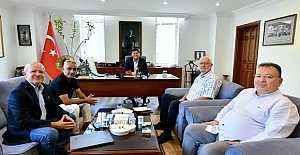 Fethiye Launches International Digital Tourism Campaign with UK-Based Publisher
Fethiye Launches International Digital Tourism Campaign with UK-Based Publisher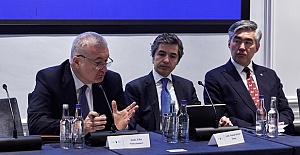 Highlights from the 3rd Trans-Caspian Connectivity Conference in London
Highlights from the 3rd Trans-Caspian Connectivity Conference in London

